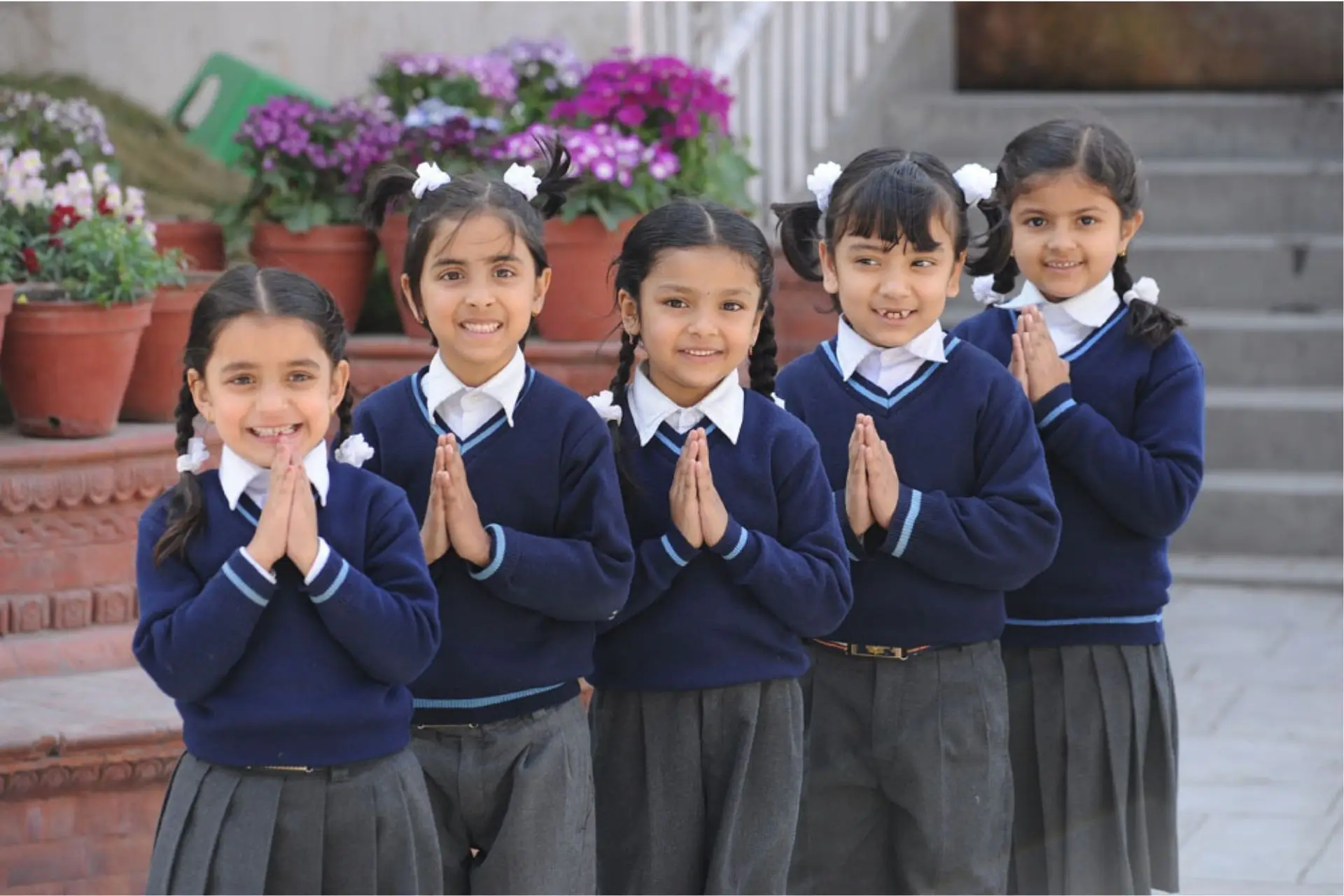
LRI School offers a comprehensive pre-school program designed to provide children, typically aged between 3 and 5, with a nurturing environment for early childhood education. Our primary focus is to foster a secure atmosphere where children can learn and grow through engaging play and hands-on activities.
Enrolling your child in our pre-school program can be highly beneficial, laying a strong foundation for their future learning journey. Beyond academic readiness, our curriculum emphasizes the development of vital social skills, enhancing self-esteem, and building confidence. Moreover, our approach encourages independence, ensuring your child is well-prepared for their formal education.
At LRI School, our pre-schools are tailored to various educational philosophies, including play-based, academic-based, Montessori, Reggio Emilia, and Waldorf methodologies. Each approach is thoughtfully designed to facilitate a child's learning and holistic development.
Our pre-school education activities encompass a wide range of cognitive, social, emotional, and physical skills:
- Literacy and numeracy: Children engage in basic reading, writing, number recognition, and counting exercises.
- Science and math: Exploring scientific concepts, animal and plant names, as well as foundational mathematical skills like sorting and patterns.
- Social studies: Learning about diverse cultures, communities, and the world around them.
- Creative arts: Encouraging self-expression through activities such as drawing, painting, and music.
- Physical education: Developing gross motor skills through activities like running, jumping, and climbing.
- Emotional development: Teaching children how to express feelings, communicate effectively, and navigate social interactions.
- Play: Allowing children to explore, experiment, and express themselves freely within a secure and nurturing environment.
In Nepal, pre-school education is mandatory and is seamlessly integrated into our school system. For parents seeking the ideal pre-school for their child, we invite you to visit LRI Pre-School to explore our tailored programs and discover the perfect fit before making your decision.
